I'm trying to design a robust architecture, however I'm having trouble on solving the message delivery. Let me try to explain
The API would be clustered on ECS receiving a bunch of requests.
The Workers would be clustered too subscribing the same channels. (that's the problem, if we were working with only one worker it wouldn't have any issue)
How to deal with multiple workers avoiding duplicated messages? What would be a good simple approach, keeping many workers occupied.?
Thank you.
